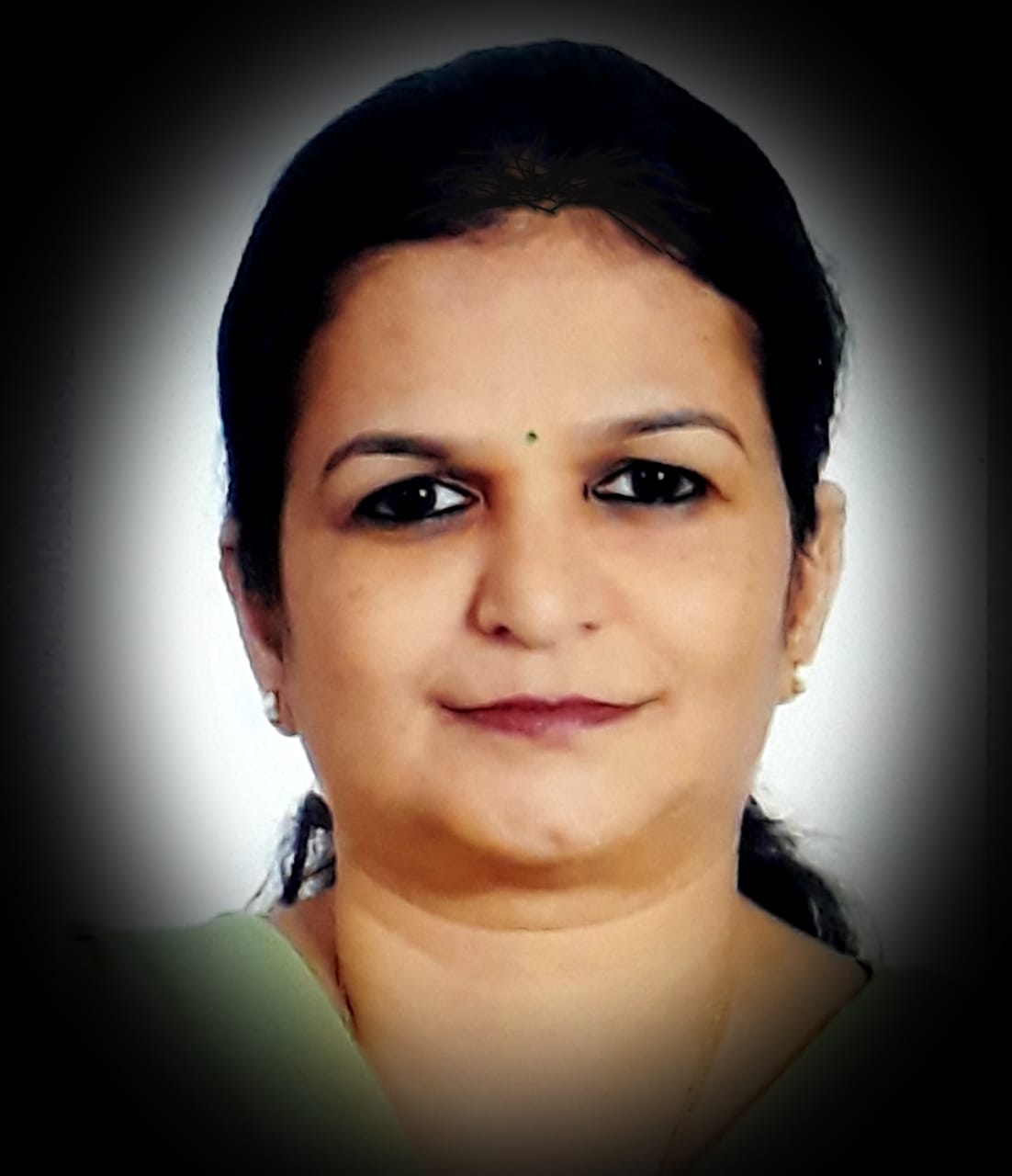This year, our entire country is celebrating the 75th INDEPENDENCE DAY with immense jubilation and pride. The sacrifices of many martyrs and patriots culminated in gaining independence from British Rule. Not every warrior fought the freedom struggle with swords or guns. Several patriots fought the war using their pens as a powerful weapons. Many poets like Rabindranath Tagore, Subramania Bharathi, and others took part in the freedom struggle by composing poems and songs which kindled patriotism amongst the people. Bakim Chandra Chatterjee was one of these composers.
The song Vande Mataram is a patriotic song composed in the 1870s by BAKIM CHANDRA CHATTERJEE (CHATTOPADHAYAY) (1838 - 1894), who hailed from Bengal. He was born in the village of Kanthalpara to Yadav Chandra Chattopadhayay and Durgadebi. Chatterjee, was a brilliant graduate of Calcutta University. After completing his BA, he joined the colonial government as a civil servant and also held the posts of Deputy Collector and Deputy Magistrate. Although he was working for the colonial government, he was a loyal patriot. During that period, the British government promoted the song ‘God save the Queen’ as the anthem for India. This was despised by the Indian Nationalists. At that time, Chatterjee wrote this poem spontaneously in Sanskrit and Bengali. Jadunath Bhattacharya set the tune melodiously for this song. This song was published in Chatterjee’s Bengali novel Anandamath. The song and the novel from which it was culled were banned by the colonial government. But the independence activists defied the ban and collectively sang the song in the presence of the colonial officials. Many freedom fighters were imprisoned for singing this song. The ban was lifted only after India gained independence from British rule in 1947. Thus, Bakim Chandra Chatterjee became a prominent patriotic composer. He was an eminent Poet, Novelist, Essayist, and Journalist. He wrote under the pen name KAMALAKANTA. He was conferred the title SAHITYA SAMRAT (Emperor of literature) for his literary contributions.
This song played a pivotal role in the INDIAN INDEPENDENCE MOVEMENT and was first sung in a political context by RABINDRANATH TAGORE in 1896 at the Calcutta INDIAN NATIONAL CONGRESS session, held at Beadon Square. The first two verses of the song were adopted as the National Song of India in October 1937 by the congress working committee.
The first translation of this iconic song and the book Anandamath into English was by Nares Chandra Sen - Gupta in 1906. However, the translation rendered by Sri Aurobindo Ghosh is popular and has also been adopted by the Government of India’s National Portal. Let us also savor the sweetness of this patriotic poem.
Mother, I bow to thee!
Rich with thy hurrying streams,
Bright with thy orchard gleams,
Cool with thy winds of delight,
Dark fields waving, Mother of might,
Mother free.
Glory of moonlight dreams,
Over thy branches and lordly streams,
Clad in thy blossoming trees,
Mother, giver of ease,
Laughing low and sweet,
Mother, I kiss thy feet,
The one who speaks sweetly
O! mother I bow to thee.
The poet has personified our country as Mother India. He has portrayed our country as Paradise on earth. He has showcased the ebbing rivers, bountiful orchards, pleasant breeze, Golden fields, and blossoming trees. India is likened to a mother, who laughs softly and speaks sweetly and the one who bestows all benevolent boons on her children.
This song has been set to tune in several Raagas. But the raag DESH version is the most popular one. Desh is a Hindustani Raag which belongs to the Khamaaj Thaat. The Desh raag is replete with Bhakti Bhaava. It also oozes with Shringaar (romance). It has been used to evoke patriotic spirit too. Desh is a late evening Raag, and suitable for the monsoon season.
The famous classical compositions in this raag are, Tunban nergaiyil yaalzh by Bharathiyaar, Rama naamamey by Thanjavur Shankara Iyer, Thillana by Lalgudi, Vithlala salaho swami by Purandharadasar, and many more.
Hindi movie songs, pyar hua chupke sey (1942 A love story), Door koi gaaye (baiju bawra) and the like are still evergreen.
The noteworthy Tamil movie songs based on this Raaga are Gopiyar konjum ramana (Thirumal perumai), Muthamizhilil paadavandhen (mel naattu marumagal), kanavey kalayadhey (kannedhirey thondrinaal), and Maruvaarthai (ennai nokki paayum thotta).
The song has been rendered by many exemplary Singers like Lata Mangeshkar, and KS Chitra, and has become a cult classic. A novel version of Vande Maataram, rendered by AR Rahman, which was released in 1997, was also well received. In 2002, BBC World Service conducted an international poll to choose the ten most renowned songs of all time. Around 7000 songs were selected from all over the world. The song VANDE MAATARAM from the movie ‘Anand Math’ was ranked second. This definitely showcases the worldwide popularity of this song. While listening to this composition, every Indian’s heart swells with pride, and eyes well up with tears of patriotism and love for the country.
 Yamuna is a resident of Coimbatore and is pursuing Hindustani vocal music under the tutelage of Shri Kedar Karatji . She also teaches bhajans and conducts English Grammar classes for school children . Her other passions are writing travelogs , playing keyboard , gardening , going on pilgrimages and exploring & enriching her knowledge through travel.
Yamuna is a resident of Coimbatore and is pursuing Hindustani vocal music under the tutelage of Shri Kedar Karatji . She also teaches bhajans and conducts English Grammar classes for school children . Her other passions are writing travelogs , playing keyboard , gardening , going on pilgrimages and exploring & enriching her knowledge through travel.
NEXT ARTICLE